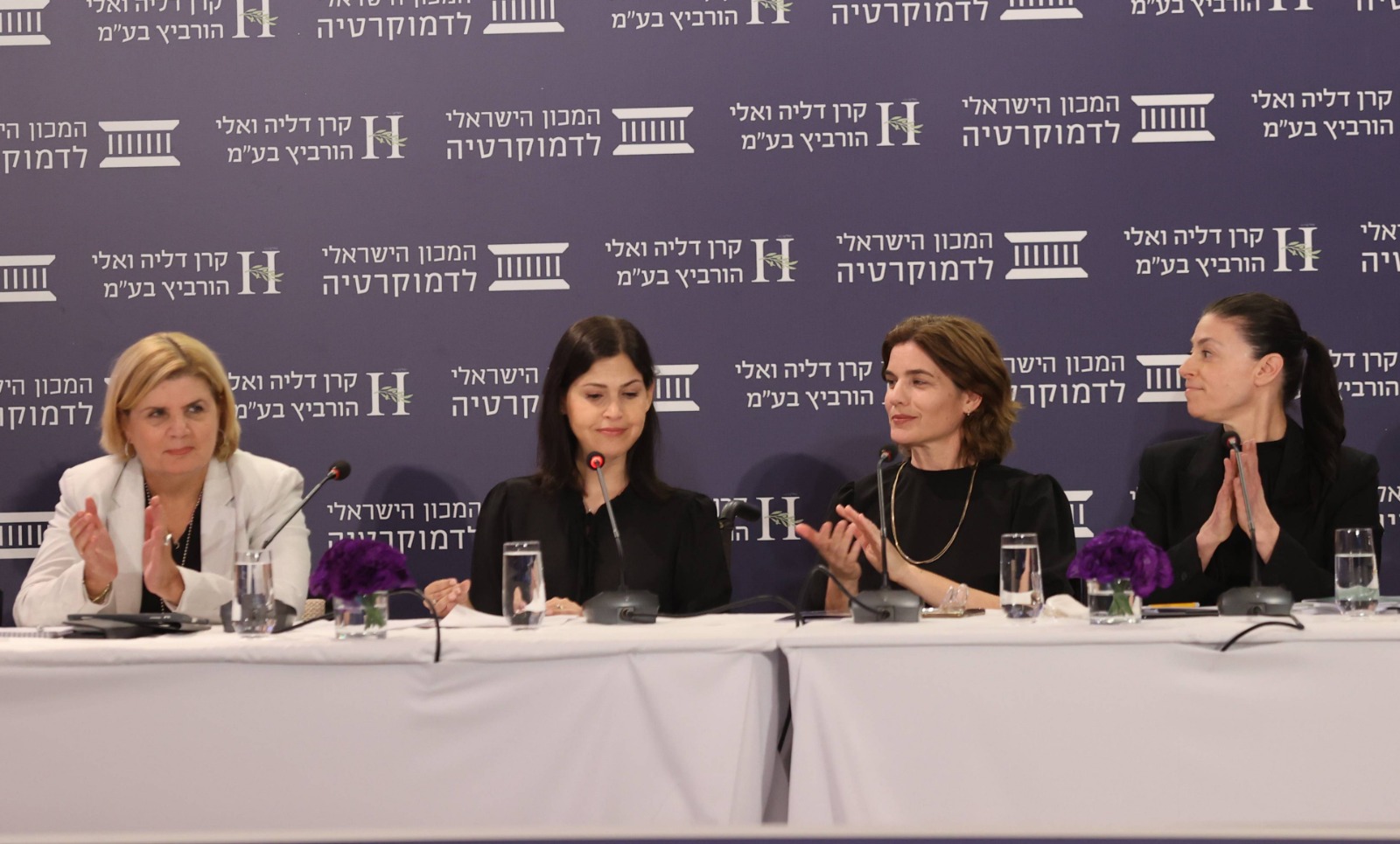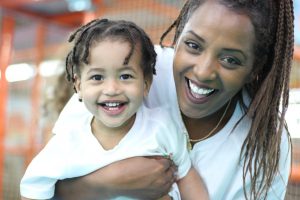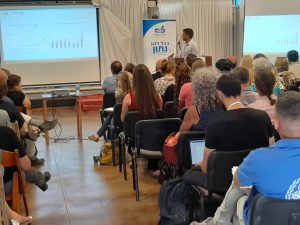Reduced Inequalities


Home » Reduced Inequalities » SDG 10- Israel’s Equality Discourse: Can You Hear It? – Part 1
SDG 10- Israel’s Equality Discourse: Can You Hear It? – Part 1
From government to government, one thing in Israel doesn’t change: the country’s vigorous, transparent and critical public discourse on reducing inequalities (SDG 10). It’s out there every day in the media, think tanks, the Knesset (parliament) and official bodies. The irony, of course, is that what Israelis hear at full volume is barely heard at all by the outside world, particularly because most of it takes place exclusively in Hebrew and Arabic.
Locals tuned into Israel’s social justice agenda don’t need to make much of an effort to catch the discourse. Indeed, during the past two weeks alone the country’s equality dialogue has been on steroids.
Take, for instance, last week’s Eli Hurvitz Conference on Economy and Society conducted annually by the Israel Democracy Institute. Emerging from the doldrums of four elections and three lockdowns, the event highlighted a get-back–to-work attitude and cooperative spirit prevalent in the public arena especially with regard to advancing sustainability issues.


Perhaps the most exciting moment of the conference – to the extent that such gatherings can exhilarate – was the session on “Formulating Climate Policy: The Private and Public Sectors Join Forces.” Not only did the panel showcase four of Israel’s nine women ministers – Environmental Protection, Energy, Transportation and Economy (photo) – but also highlighted their important joint declaration: “We will cooperate on Israel’s climate policy, to lead to an 85% reduction in Israel’s greenhouse gas emissions by 2050.” Later on, Environmental Protection Ministry Acting Director General Galit Cohen explained during her segment why she thought it important that Israel be a part of the global carbon tax trend and illustrated how the resulting funds could be used to advance the country’s environmental needs.
Naturally, the conference also dedicated much time to the issue of decent work and economic growth (SDG 8) and the link to reducing inequalities. During her session, the Minister for Social Equality emphasized the importance to her office of combatting adult unemployment, which she said can be a precursor to “loneliness, poverty and dysfunction.” She also noted that while raising women’s retirement age (currently 62 in Israel) is “inevitable,” the move must be viewed as “an opportunity to correct distortions that discriminate against women in the labor market.”
For those of us actively involved in Israeli efforts to advance the UN’s sustainability goals – particularly reducing inequalities – amplification of the country’s discourse on the issue is absolutely critical. For more than two years we have been doing just that, and don’t plan to stop anytime soon.
Related articles


SDG 10- The Ethiopian Israeli Community – Part 2
Reduced Inequalities Read Part 1 With the ongoing efforts in Government to foster integration and equality among Israelis of Ethiopian descent, there is a vast


SDG 10 – Government Safety Net
Reduced Inequalities Internal tensions are running high in Israel, for obvious reasons. One area of criticism that continues to reverberate is the government’s perceived slow


SDG 10 – Closing Arab-Jew Equality Gaps
Reduced Inequalities “Government programs work!” So exclaimed the head of Israel’s Arab Society Economic Development Authority at the Central Bureau of Statistics’ (CBS) recent annual conference,


















